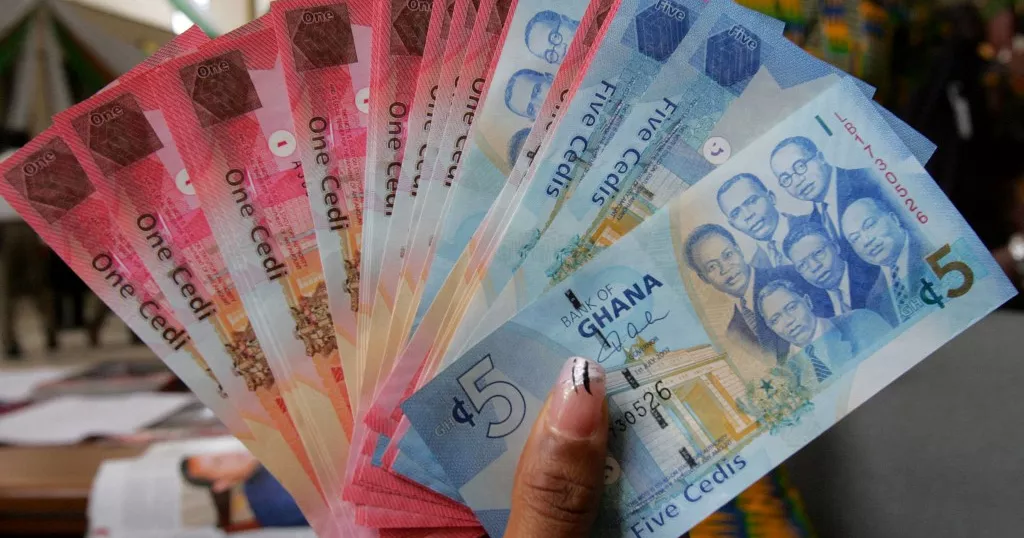The Ghanaian cedi has posted modest gains against the US dollar this week, signaling renewed investor confidence following the government’s fiscal reform measures.
According to the Bank of Ghana, the cedi appreciated by 1.3% as of Tuesday, bolstered by increased foreign inflows and controlled public spending in the first quarter of the year.
“The narrowing fiscal deficit and improved foreign reserves are supporting the local currency’s performance,” said financial analyst Kofi Osei of Sterling Capital.
The Ministry of Finance recently announced a spending cut of GHS 2.5 billion and a freeze on new government contracts, part of a wider effort to meet IMF conditions under the ongoing bailout program.
Local banks have also begun to revise their forex forecasts for Q3, with some expecting the cedi to remain relatively stable around the GHS 11.50 mark per US dollar.
Investor Sentiment Improving
Foreign direct investment (FDI) has seen a 12% rise compared to the same period last year, driven largely by activity in the energy and fintech sectors. Confidence in Ghana’s economic recovery appears to be improving, although experts warn that external shocks, such as global oil prices and Fed decisions, could still cause volatility.
Outlook
While the cedi's current trajectory is encouraging, economi


